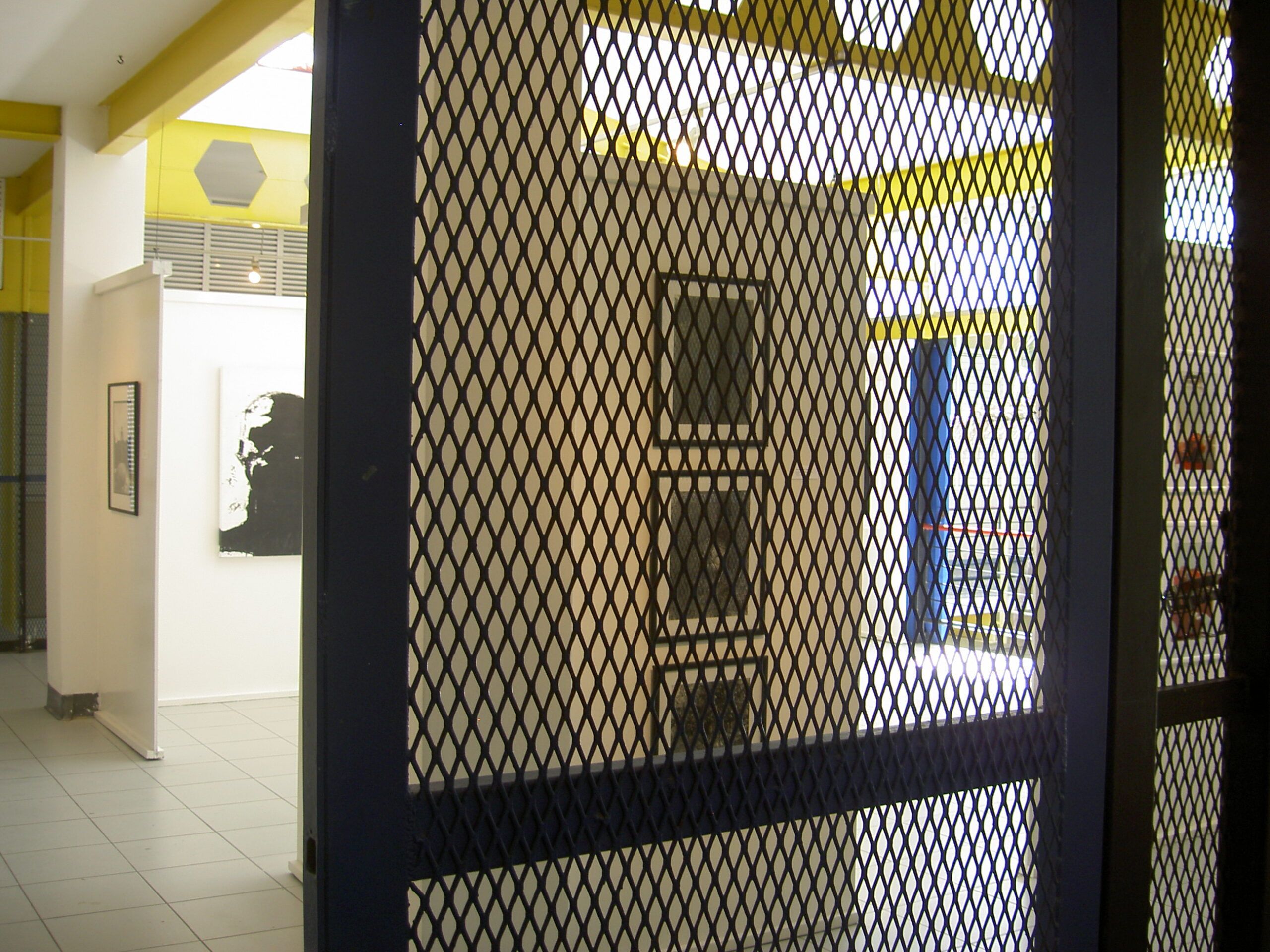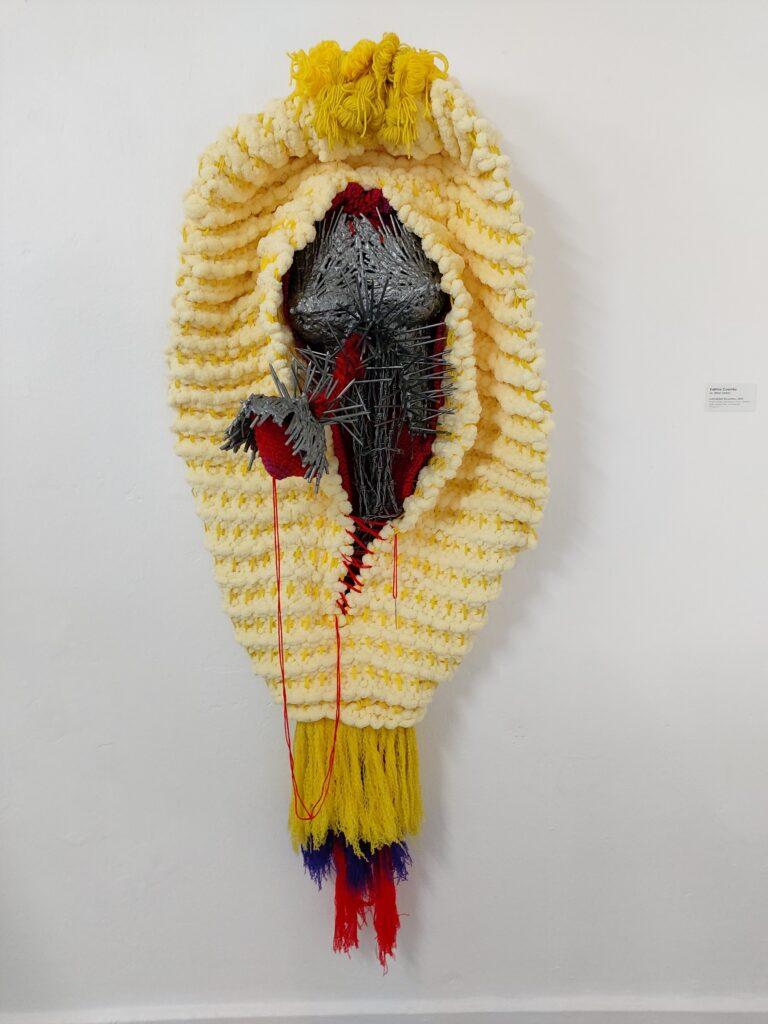The Art Year in Review-Governance and leadership in the public cultural sector-Part 1

In this second installment of my critical reflections on developments in the art world in 2022, I continue to focus on critical issues of governance, leadership and performance in the public cultural sector. At the core of this is the relentless politicization, in the partisan political sense, of Jamaica’s public cultural institutions, mainly through politically appointed boards, and their impact on policy and the management of such institutions.
Six years into the present administration, 2022 was a year in which many public board appointments, which are normally for three years, would have been up for renewal. A new board was announced at the Edna Manley College, which presently falls under the Ministry of Education, while the Ministry of Culture, Gender, Entertainment and Sport announced a new Chair for the Institute of Jamaica’s Council. I have seen no announcements on other new board appointments in the cultural sector, but it is well possible that there are some that have not been publicized.
There were significant changes in the Edna Manley College Board, which at least allows for a fresh start after a difficult period in the governance of the college, with the messy public handling of a sexual harassment complaint. Deiwght Peters, the CEO of Saint International Model Agency, is now the new chair, with only two members of the previous board held over. Peters’ appointment obviously signals a policy shift towards the entrepreneurial, outward-looking side of the creative industries and Brand Jamaica. I do hope that there will still be ample room in the programmes for those other possibilities that are a necessary part of a healthy and diverse cultural ecology, and that the faculty and students will retain the academic, critical and artistic freedoms they have previously enjoyed and require in a tertiary-level environment.
At the Institute of Jamaica, Bishop Herro Blair took on the position of Chairman which was left vacant when businessman James Moss-Solomon died earlier in the year, but I have seen no announcements regarding the rest of Council, which presumably remains unchanged. Nor have I seen any updates on the boards of the Institute of Jamaica’s divisions, which include the National Gallery. Bishop Blair has been on the Council since 2008, across different administrations, and has also served as the country’s political ombudsman, which requires the ability and willingness to act in a non-partisan manner. His longstanding affiliation with some of the past and present principals of the Jamaica Labour Party is well known, but other factors have come into play. Bishop Blair, in 2012, and while he was still the political ombudsman, controversially encouraged his followers not to vote for the PNP in the general elections because of his religious objections to its election promise to review the Jamaican buggery laws.
We do need to have a public conversation about what is expected from board and chair appointments in cultural institutions. Should the chair of a tertiary educational institution, for instance, not be one who is fully familiar, professionally, with directions and practices in tertiary arts education? Or what are the implications of appointing a conservative cleric to chair the Council of the Institute of Jamaica which is, through its divisions, mandated to produce new, cutting-edge and critical scholarship, publications, exhibitions, and educational programmes on Jamaican culture, history and science? This may include engaging with contentious subjects such as gender and sexuality, which appear commonly in the contemporary arts of Jamaica, and which require an open, even-handed and inclusive mindset, beyond populist impulses. The question arises whether Bishop Blair’s religious views could again get in the way of his professional impartiality if the Council would, for instance, have to deal with any controversies that involve such subjects in the Institute’s programmes and exhibitions.
There was also other news from the Institute of Jamaica, namely that its long-serving Executive Director Vivian Crawford has now retired for the second and presumably final time. Mr Crawford, who is also a proud Maroon and a musician, was best known, previously, for his career in banking. He joined the Institute of Jamaica in 2000 and initially retired in 2012 but re-joined in his old position in 2016. It will be very interesting to see who will succeed him, and whether this will involve a political appointment, as this has major repercussions for the Institute, its divisions, and the public mandates they serve.
It is difficult to talk about professional qualifications in our populist, “Trumpian” times, as higher education and professional expertise have been rendered suspect, and deliberately so. With qualifications I do not only mean educational qualifications, but also other factors such as professional experience and accomplishments, as well the technical, intellectual and leadership capacity to articulate and implement a well-informed and productive institutional vision and to represent the organization credibly in the public domain. Political affiliation, social privilege, family, school and church ties, or lodge and service club membership are not professional qualifications but continue to play an important role in many public appointments in Jamaica, to the point of normalization. And political and nepotistic appointments, notoriously, often fall short of the required qualifications for the position.
It would be interesting to do a survey of the current leadership in Jamaica’s cultural institutions, in terms of the official job requirements, their actual qualifications, the date of appointment (how many predate 2016?), and whether the appointment is permanent or temporary. It appears, these days, that the public cultural sector in Jamaica has more “actors” than Hollywood. Jokes aside, however, this reliance on acting appointments further erodes the professional independence of Jamaica’s cultural institutions, as not having tenure, or being only marginally qualified (as is often the case with acting appointments), makes it even harder for the heads of cultural institutions to stand up to inappropriate political or board pressures. One wonders, in some instances, if that is the very point of such appointments.
It would also be interesting to do a review of the official job descriptions for the top positions in the sector, as there have been some curious shifts there. It is the global norm that the director of a cultural institution should be an experienced and accomplished practitioner in a field directly relevant to the institution, such as a published scholar of reference or a critically acclaimed curator or creative producer, as this equips such persons with the necessary tools to articulate the strategic vision for the institution. This is abundantly illustrated by any cursory look at the profiles of the directors of internationally renowned art museums. Yet, here in Jamaica, there is now a prevailing sense that the directors of cultural institutions need to be administrators and financial managers foremost, with merely a tangential involvement with the cultural field, while specialist technical knowledge is relegated to the secondary level of the staff structure. This is not productive. Scholars and cultural practitioners are not always the best administrators but that can be dealt with at a second-in-command level, providing the accountability structure remains intact. Some the problems with poor decision-making that are presently evident in the Jamaican culture sector arguably stem from a general decline in the technical knowledge of its leadership.
Dr Veerle Poupeye is an art historian specialized in art from the Caribbean. She works as an independent curator, writer, researcher, and cultural consultant. The second, revised and expanded edition of her best-known book “Caribbean Art” was recently published in the World of Art series of Thames and Hudson. Her personal blog can be found at veerlepoupeye.com.






